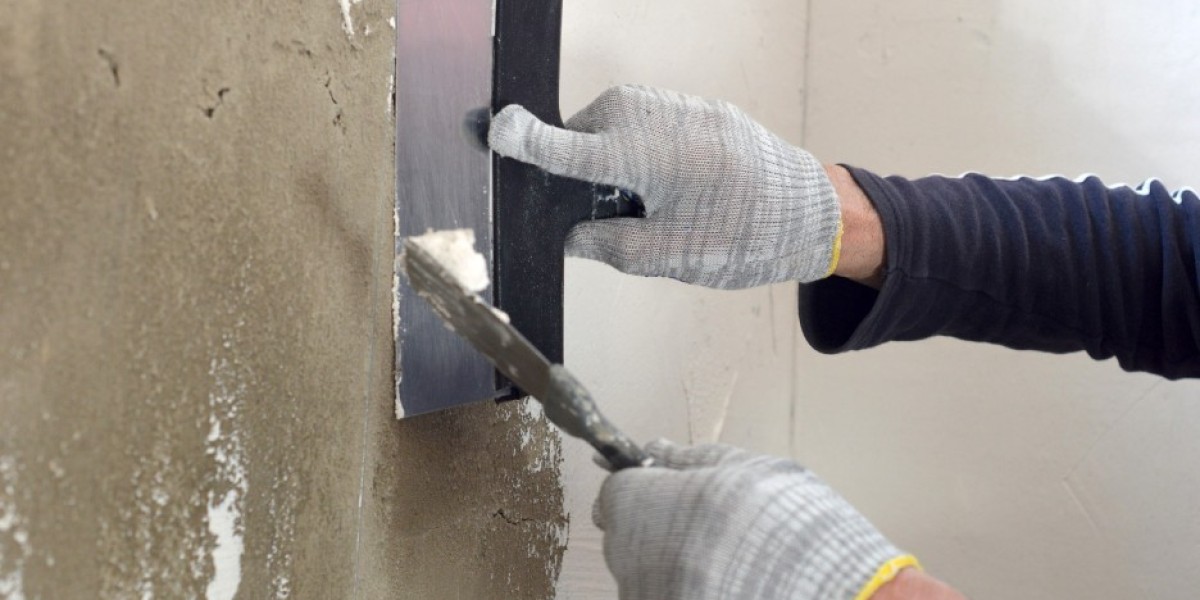Concrete is one of the most durable building materials, but even the sturdiest concrete can show wear and tear over time. Whether it’s a cracked driveway, uneven patio, or deteriorating foundation, concrete repair becomes essential to maintain the integrity of your property. But how do you decide whether to tackle the project yourself or hire a professional? This guide will help you make an informed decision by breaking down everything you need to know about concrete repair.
Understanding Common Concrete Problems
Before diving into solutions, it’s important to understand the most common issues that plague concrete surfaces. These include:
1. Cracks
Cracks are one of the most frequent problems with concrete. They can occur due to shrinkage, temperature fluctuations, or soil movement. Small, hairline cracks might not seem like a big deal, but they can worsen over time, especially if water seeps in and causes further damage.
2. Spalling
Spalling happens when the surface of the concrete flakes off, exposing the rough inner layers. This issue is often caused by freeze-thaw cycles, poor-quality concrete, or improper finishing.
3. Settling and Sinking
Uneven concrete surfaces, such as a sunken driveway or patio, are usually the result of soil erosion or compaction beneath the slab. These issues not only look unsightly but can also pose safety hazards.
4. Discoloration
While discoloration might be more of a cosmetic issue, it can detract from the overall appearance of your property. It’s often caused by improper curing, chemical exposure, or aging.
5. Scaling
Scaling is similar to spalling but involves the surface peeling away in thin layers, leaving the concrete weaker and more vulnerable to damage.
Pros and Cons of DIY Concrete Repair
Tackling concrete repair on your own might seem like a cost-effective solution, but it’s not always the best approach. Here are the advantages and disadvantages of going the DIY route.
Advantages of DIY
Cost Savings: DIY repair is usually cheaper since you’re not paying for labor.
Learning Experience: You’ll gain new skills and an understanding of how concrete works.
Control Over the Project: You can work at your own pace and customize the repair to your liking.
Disadvantages of DIY
Skill and Knowledge Required: Concrete repair requires specific techniques and materials that can be challenging to master.
Time-Consuming: DIY projects often take longer, especially if you’re unfamiliar with the process.
Risk of Mistakes: Incorrect repairs can lead to more problems in the long run, potentially costing more to fix.
When to Call the Professionals
While some concrete repairs can be handled on your own, certain situations call for the expertise of a professional contractor. Here’s when you should consider hiring a pro:
1. Large or Structural Cracks
If the cracks are wider than ¼ inch or extend deeply into the slab, it’s a sign of a more serious problem. Structural cracks often require specialized equipment and knowledge to repair effectively.
2. Foundation Issues
Foundation damage is a critical issue that should always be addressed by professionals. Improper repair can jeopardize the structural integrity of your home.
3. Extensive Settling
If a large area of concrete has sunk significantly, professional leveling or mudjacking might be necessary. These methods involve injecting material under the slab to lift it back into place.
4. Decorative Concrete Repair
If you have stamped or stained concrete, maintaining its appearance requires a skilled touch. Professionals can ensure the repair blends seamlessly with the rest of the surface.
5. Lack of Tools and Experience
If you don’t have access to the right tools or feel uncertain about your ability to complete the repair, it’s best to leave it to the pros.
Essential Tools and Materials for DIY Concrete Repair
If you’ve decided to take on the repair yourself, make sure you’re equipped with the right tools and materials. Here’s a list to get you started:
Concrete Mix or Patch Compound: Choose a product suitable for your specific repair needs.
Chisel and Hammer: For removing damaged or loose concrete.
Wire Brush: To clean the area before applying the patch.
Trowel: For spreading and smoothing the repair material.
Caulking Gun: Useful for applying sealant in cracks.
Safety Gear: Always wear gloves, safety glasses, and a mask to protect yourself.
Level: Ensures the surface is even.
Step-by-Step Guide to DIY Concrete Repair
1. Assess the Damage
Determine the extent of the problem and decide whether it’s something you can handle yourself or if it requires professional help.
2. Clean the Area
Remove dirt, debris, and loose concrete from the damaged area using a wire brush or pressure washer.
3. Prepare the Surface
For cracks, use a chisel and hammer to widen the gap slightly, creating a V-shape for better adhesion. For larger areas, ensure the edges are clean and stable.
4. Mix the Repair Material
Follow the manufacturer’s instructions to mix your concrete patch or compound.
5. Apply the Patch
Use a trowel to fill the damaged area, ensuring it’s level with the surrounding surface. Smooth it out and remove any excess material.
6. Allow It to Cure
Give the repair adequate time to cure. This step is crucial for the durability of the fix. Avoid using the area until it’s fully set.
7. Seal the Surface
Apply a concrete sealant to protect the repaired area from moisture and future damage.
How to Choose the Right Professional for Concrete Repair
If you’ve decided to hire a pro, here are some tips to ensure you’re making the right choice:
Research and Reviews: Look for contractors with positive reviews and a solid reputation.
Check Credentials: Ensure they are licensed, insured, and experienced in concrete repair.
Get Multiple Quotes: Compare prices and services from different contractors.
Ask for References: Speak to previous clients to gauge the quality of their work.
Review the Contract: Ensure the scope of work, timeline, and costs are clearly outlined.
Preventing Future Concrete Damage
Maintenance is key to extending the life of your concrete surfaces. Here are some tips to prevent future issues:
Seal Your Concrete: Regularly apply a concrete sealant to protect against moisture and wear.
Address Drainage Issues: Ensure water flows from your concrete to prevent erosion and damage.
Avoid Harsh Chemicals: Use gentle cleaners to prevent surface deterioration.
Monitor for Early Signs of Damage: Address small cracks and issues promptly to prevent them from worsening.
Conclusion
Concrete repair doesn’t have to be intimidating. Whether you decide to go the DIY route or call in the pros, like Bellevue Concrete Pros, understanding the scope of the project and having the right tools or expertise can make all the difference. By addressing concrete issues promptly and properly, you can ensure the longevity and safety of your surfaces. So, the next time you notice a crack or uneven slab, you’ll know exactly what to do!









